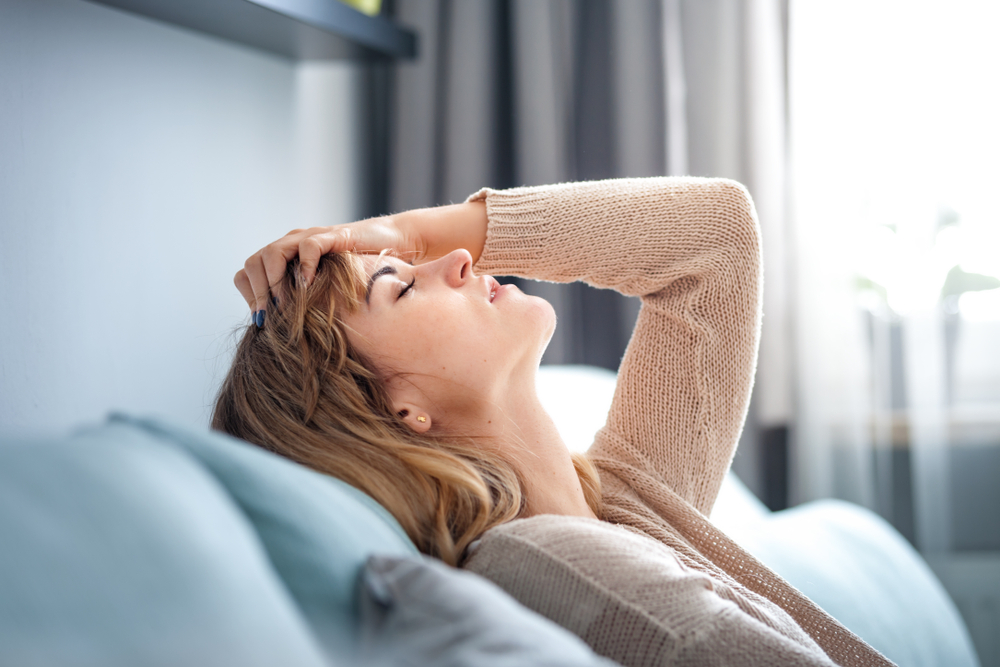Read the latest and greatest from our team
of incredible specialists.

Beach House Recovery Center » Blog » What Happens When You Black Out?
Although most people equate a “black out” with losing consciousness, the term has a different meaning in addiction medicine. If someone passes out—collapses and loses consciousness—while drinking alcohol, that’s a potentially life-threatening situation and requires medical attention. By contrast, a person who is “blackout drunk” seems awake and functioning, perhaps even “normal” in behavior. Once the intoxication wears off, though, he’ll remember little if anything of what happened.

Not everyone who gets drunk blacks out, but it takes a high blood alcohol level (roughly double the maximum for legal driving) to trigger a blackout. Alcohol slows the brain’s functions and, above a certain point, can temporarily paralyze the ability to transfer short-term memories (recall of what happened a few minutes earlier) into long-term storage (lasting recall of what happened hours, weeks, or decades ago).
Blackout glossary:
Your risk of suffering a blackout increases if:
That doesn’t mean you’re safe if none of the above apply to you. The only sure guarantee against an alcohol blackout is drinking little or no alcohol.
Of course, if you black out, you’ll be in no condition to recognize symptoms. But if you see someone else exhibiting the following behaviors in an alcohol-consumption context, they may be blackout drunk.
But the decisive factor separating blackout drunk from “ordinary” drunk shows itself only the morning after: actual forgetting of the night before, often characterized by acting as though the most embarrassing moments never happened (because, in the blacked-out mind, they never did) and by becoming defensive—perhaps suggesting you must be remembering wrong—if you mention witnessing inappropriate behavior.
Although many blackouts are due to one-time carelessness, any blackout is a warning of possible worse trouble to come. Pay attention if you wake up foggy about what happened the night before, or if anyone mentions things you don’t remember doing. Don’t be afraid to ask a trustworthy friend what actually happened, and definitely don’t use, “It couldn’t have been that bad, or I’d surely remember,” as an excuse for dismissing what others remember. Denial is the path to life-dominating alcohol use disorder, and to permanently damaged health, careers, and relationships.
Don’t let blackouts help alcoholism ruin your life. Tell your doctor if you ever black out: if they recur, or if there are other signs of drinking getting out of control, talk to an addiction specialist. The earlier a problem is caught and treated, the more time you’ll have to make lasting memories without regrets.
Frequent blackouts, and other symptoms of alcohol use disorder, should never be brushed off: if allowed to continue, alcoholism will only get worse. Seek help before you hit bottom. At Beach House, we offer medically supervised detox for the immediate physical problem, and inpatient rehab for planning a healthy future. Contact us to learn more about our recovery programs for alcohol and other substance use disorders.
Whether you’re researching for yourself or a loved one, Beach House can help. We understand that this is a serious time in your life and that the treatment center you choose matters. We want you to feel comfortable and empowered to make the right decision for yourself, a friend, or a family member. This is why a counselor is waiting and available to answer your questions and help put your mind at ease regarding the next steps. Many of the staff at Beach House have walked in your shoes. If you feel you’re ready or want more information about how to help a loved one, we can help today. You can also learn why we are voted the #1 rehab for addiction treatment in Florida.
We accept most major insurance plans and can verify your benefits quickly and confidentially.
We’re committed to helping you access the care you need, our admissions counselors can guide you through your coverage options and available resources.





"*" indicates required fields